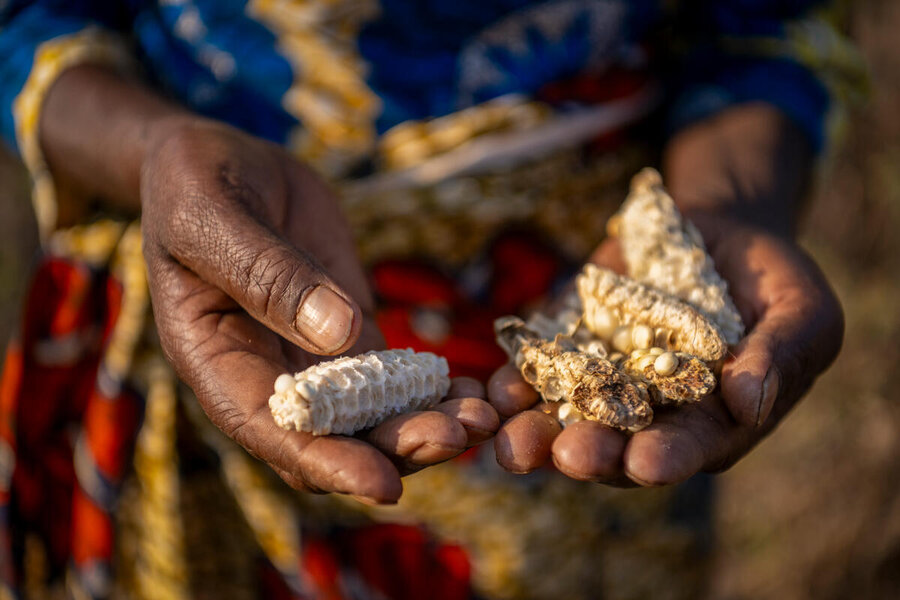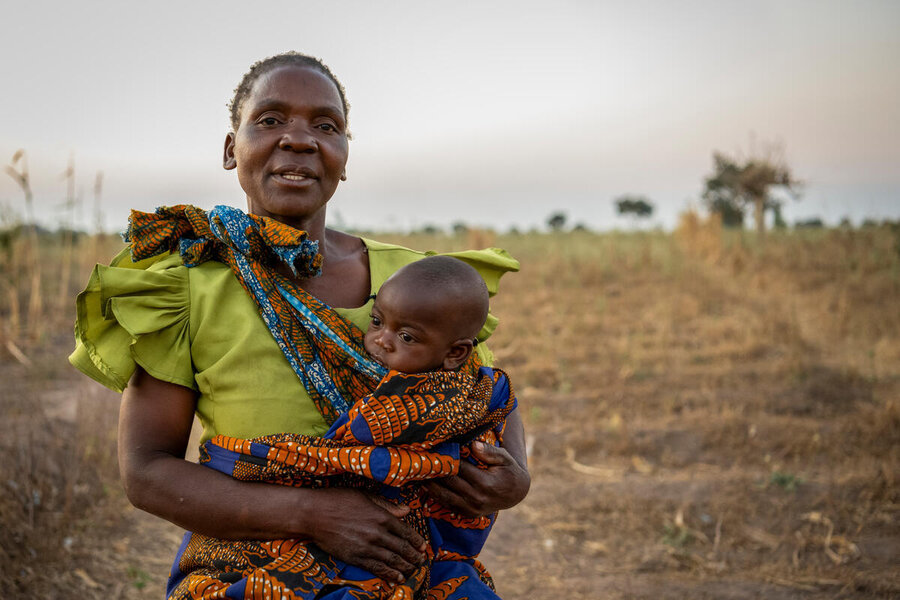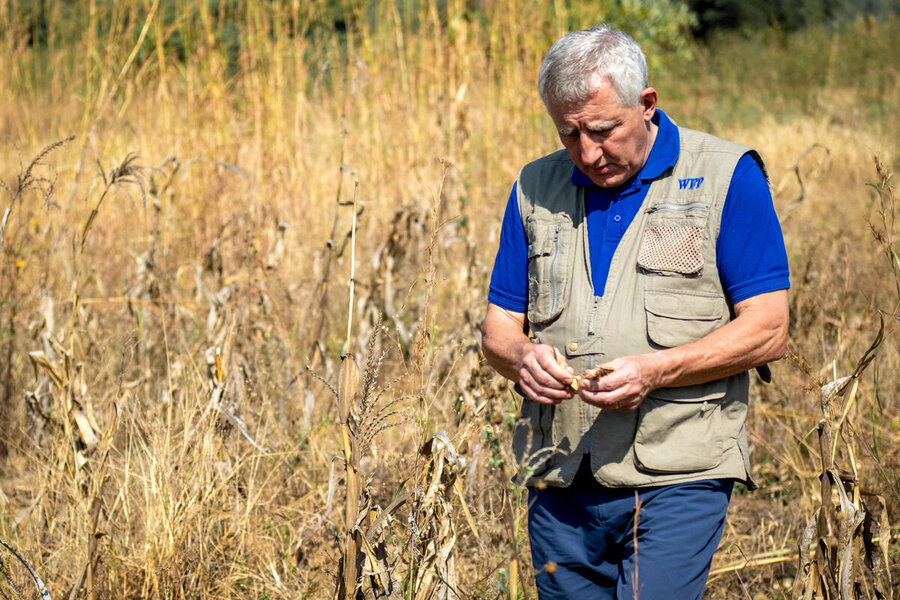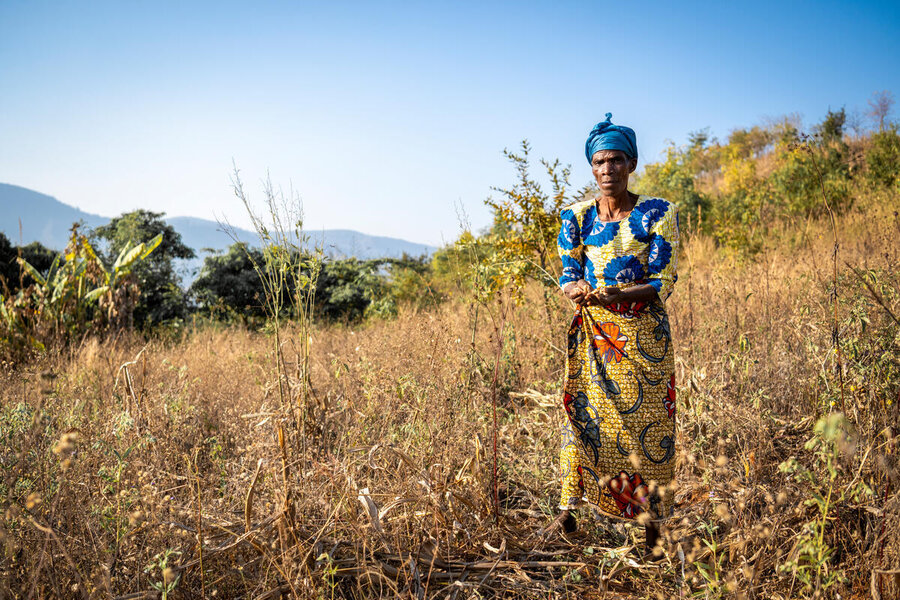
"My child is always crying," says farmer Martha Kalumbi. "Doctors tell me she is starving and getting malnourished. I'm afraid that my baby may die."
Kalumbi, 40, lives in the village of Thumpwa in Malawi's Phalombe district, where the fields look torched by drought.
With the maize crop destroyed, there is barely any food. "The situation really hurts. All my neighbours are experiencing the same. No one's harvested enough. And there's nowhere to run to."
In March, Malawi joined Zambia and Zimbabwe in declaring a state of disaster after El Niño - the natural phenomenon that disrupts rainfall patterns around the Indian and Pacific oceans - exacerbated weather irregularities caused by climate change, leaving the country's soils abnormally dry.

According to Southern African Development Community, a bloc of 16 countries, this has pushed 68 million people into food insecurity across the region.
Around 9 million people, nearly half of Malawi's population, have been affected. Up to 4.2 million are currently experiencing 'acute' food insecurity - level 3 on the global standard for measuring food insecurity (the Integrated Food Phase Classification), one stage away from 'emergency.'
With years of back-to-back climate disasters, lost harvests, currency devaluation and high inflation exacerbating food insecurity, that number is expected to rise to 5.7 million people between October and March.

"We can avert a hunger catastrophe for the hardest-hit families… but time is not on our side," Paul Turnbull, Country Director for the World Food Programme in Malawi. "In the middle of 2023-24 lean season, we found nine out of ten Malawian families were indulging in some sort of negative coping mechanism - adults not eating so their children could eat, people selling things they would normally use for productive purposes. Now we are seeing a surge in cases of moderate and severe acute malnutrition at the health centres."







